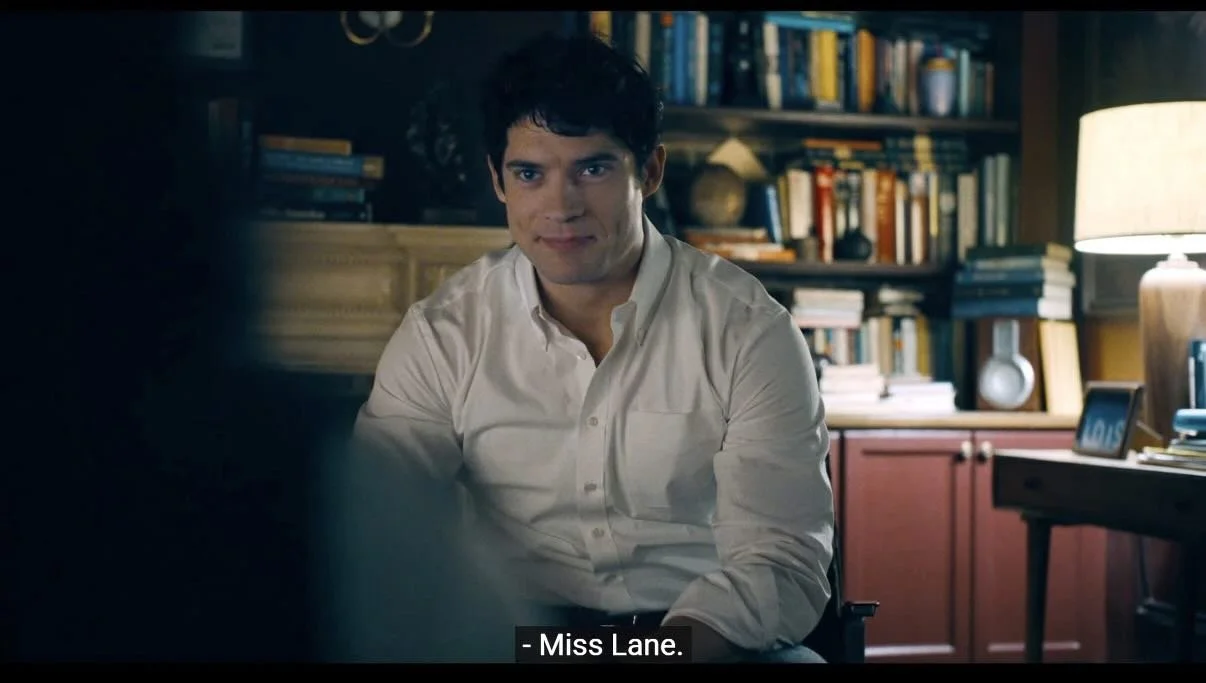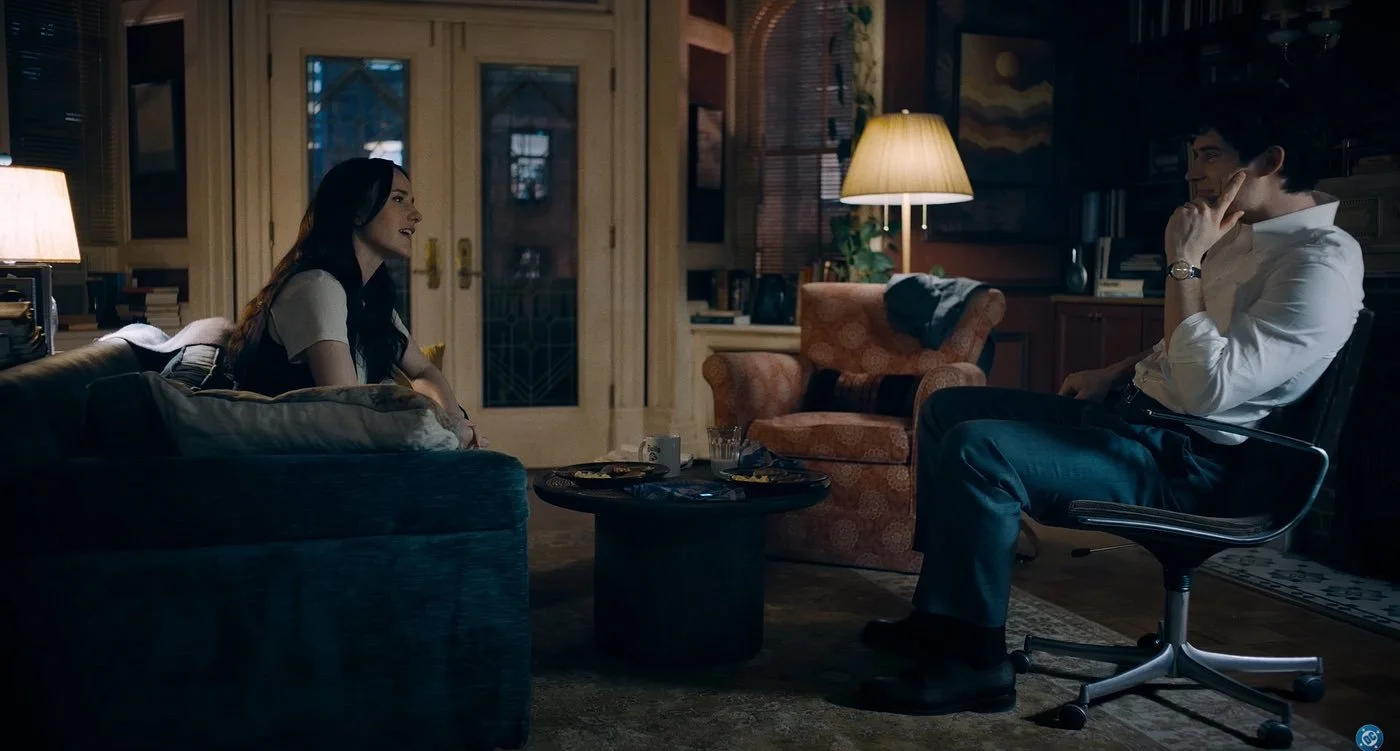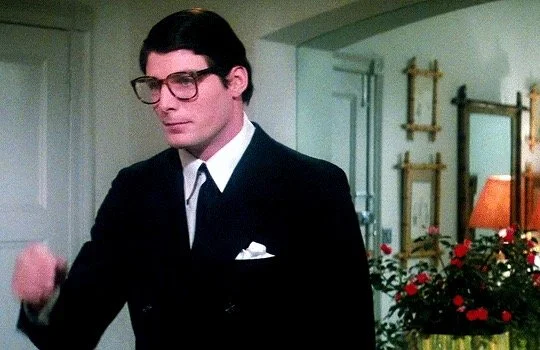shot selection, nostalgia, and the role of the audience.
following SUPERMAN’s release in july, i’ve noticed more than a people disappointedly bring up the difference between the “miss lane” shot we see in the trailer and the shot we see in the film itself. disappointment that’s unsurprising given christopher reeve’s iconic and subtle transformation from clark to superman in the 1978 film (SUPERMAN: THE MOVIE). it made me curious about potential whys behind the shot selections.
initially, i too was disappointed about the difference, because nostalgia. and the people who create trailers (aka not film directors) know this!
while a movie’s job is to be a movie -- to use moving images and sound to tell a story; a trailer’s job is to get you to see a movie. if nostalgia can be used to get you to buy a ticket, it’ll be used.the trailer doesn’t really have to care about the story — shots and scenes are selected and edited for emotional resonance for the audience, not relevance with the story unfolding during the movie’s runtime.
in the context of the ’78 film, we as an audience are participants in clark’s transformation. he knows who he is, we know who he is, lois doesn’t yet know. we’re in on the secret with him, and the shot expresses that.
the SUPERMAN trailer creators undoubtedly know this as well. they know we like reeve's/clark's subtle transformation, and so a shot similar to the one in the ’78 film is used to get us excited about this new movie.because it’s a trailer, we don’t yet know what lois knows, and therefore, it makes sense to use a similar shot -- because without the new context, the moment feels similar to ’78.
however, in the context of SUPERMAN itself, that shot wouldn’t/doesn’t make sense. clark knows, lois knows, we know. the shift from clark to superman is no longer about our participation as an audience -- it is about our observation. this is about the two of them, not us.clark doesn’t need a special subtle transformation because lois has already seen it. she knows him. he’s doing the shift for the purpose of the interview, not the purpose of revealing himself to her or hiding that he cannot.





